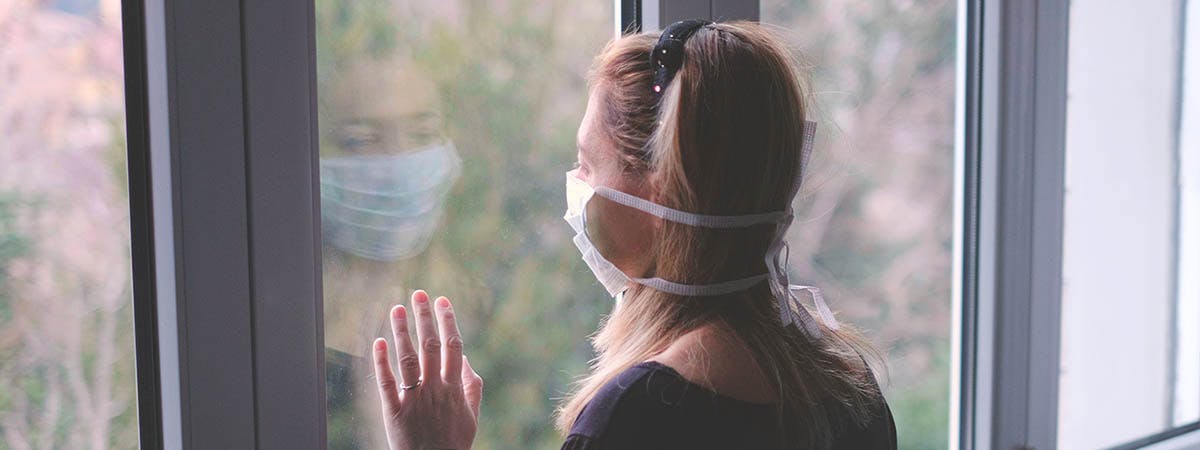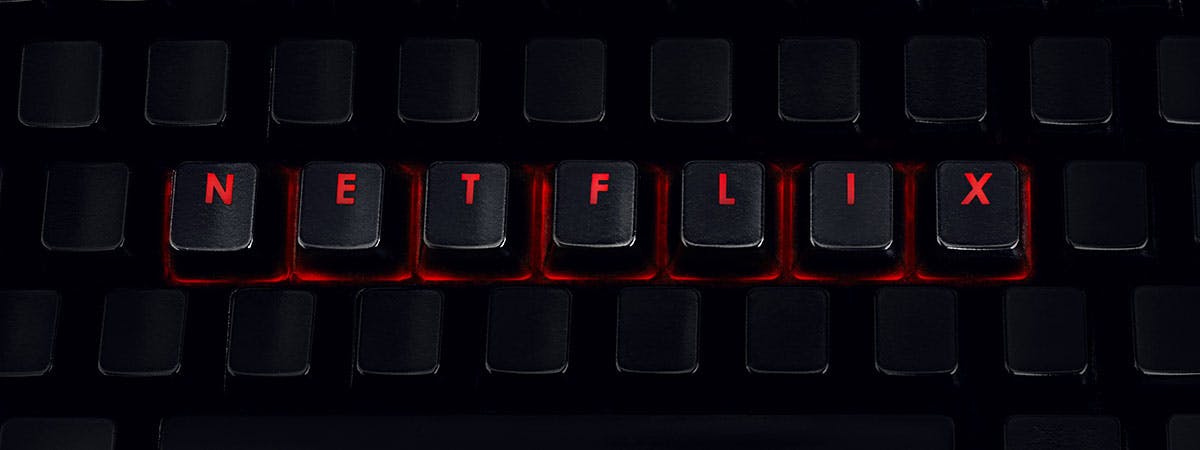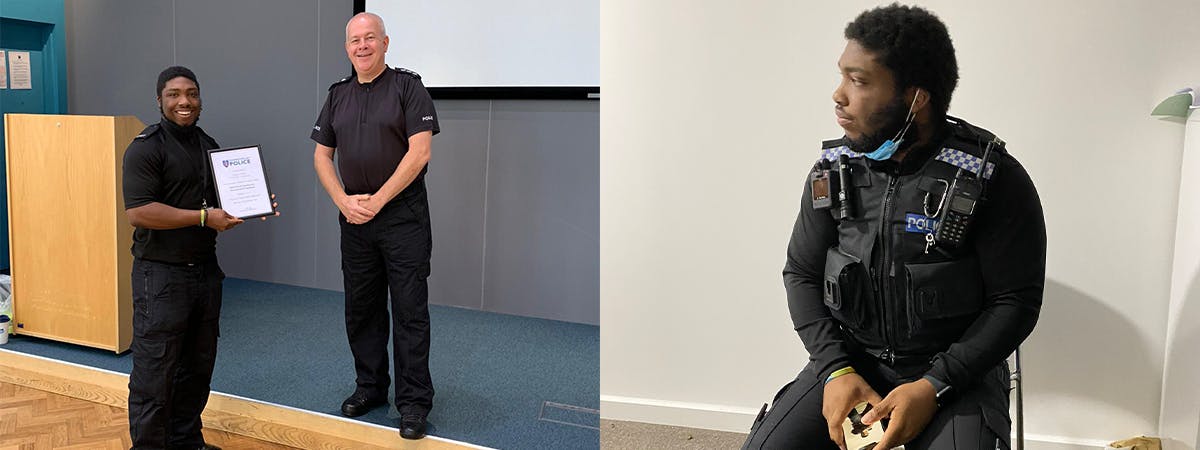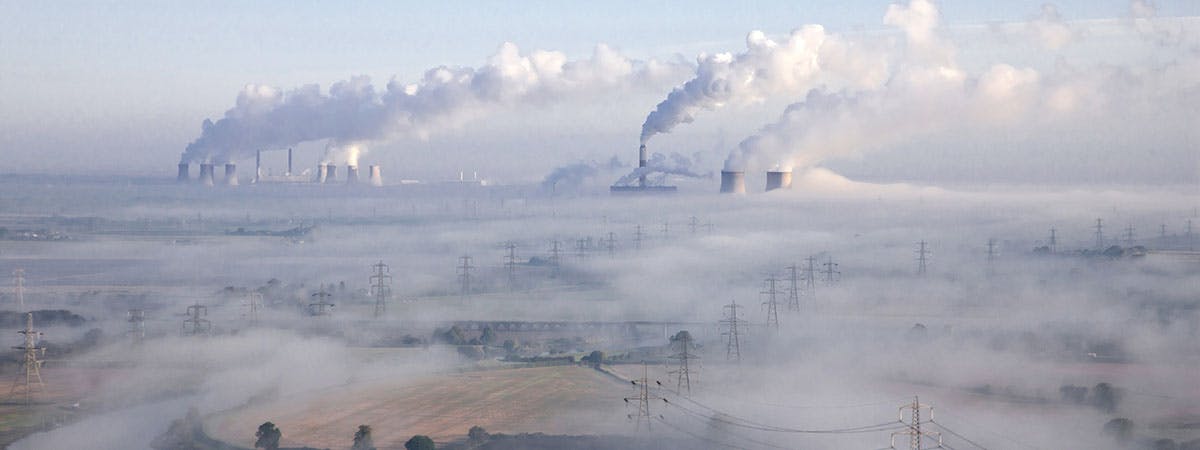Senior Teaching Fellow Jonathan Jackson discusses the impact the UK-wide lockdown due to coronavirus could have on crime.
 Jonathan Jackson
Jonathan Jackson
Teaching Fellow in Criminology

Stay at home, Protect the NHS, Save lives. This slogan has now become the key message delivered by the UK government in the wake of the coronavirus pandemic.
Wide scale lockdowns throughout the country has seen the emptying of streets and the absence of people from our once busy town centres. As criminologists we are often asked to comment on how the virus will impact on crime. Unfortunately no matter what the crisis, crime remains an intrinsic part of our society. Its face will change in the upcoming weeks, driving hidden crimes further into the shadows and expose us to realities of vulnerability and inequality in modern Britain.
The decision to enact measures to keep people at home may be necessary to level the curve of the infection rate, giving further credibility to the idea that a persons home is really becoming ‘their castle’. However we have to remind ourselves that for many it continues to be their prison, in which escape is now impossible. Men and women up and down the country who are the victims of violence from their partners are trapped in a world of abuse which has been driven further behind their front doors.
Social distancing has meant that many are less inclined to report or involve themselves with a crime which too often lives in the shadows of our society. What is clear is that as the weeks of isolation continues, police will likely be seeing an increase in these cases and have to find a balance between encouraging the government’s containment measures and recognising the need to protect those at risk from abuse. It is also vital that officers retain their most powerful tool, discretion. Rather than blindly enforcing stay at home policies, it is important that individuals continue to investigate and ensure that they are vigilant to the signs of abuse and take action where required.
With towns and cities empty, the traditional crime types have seen a huge decline. Robbery, theft and public order offences have all reduced leaving space for officers to support the enforcement of the government’s health policies. However, the reduction of people in our urban areas has seen many of the most vulnerable receiving little in the form of charitable donations.
Many homeless communities are so badly hit that it is pushing man in need further into the grips of alcohol and drug abuse. Many reported deaths which will occur over the next few weeks, will be as an indirect result of the coronavirus as organisations struggle to tackle the cycles of poverty and violence, despite the best efforts and dedication of their staff. With great regret, it is likely that assaults against our key workers will increase as they travel between places of work and their homes. With limited services operating and few of us around to protect each other, the risk to them will grow.
Many have recently been asking whether the pandemic will lead to both wide-scale public disorder or a general increase in violence against police officers in the coming weeks. The short answer is that It is difficult to predict at this stage and public disorder can often be the result of additional factors such as the changes in weather or if the isolation restrictions ease.
Assaults against officers will increase but what is clear is that the nature of the threat will change. We have already seen the implementation of new legislation which gives the police greater powers against those who cough or spit on them and it is certain that this threat will rise. It is vital that emergency workers are provided with appropriate PPE to ensure that they continue to operate during an unprecedented period of demand on their services.
With this in mind, could this increase in threat lead to a rise in the police use of taser so as to ensure that distance is maintained? The taser system still remains a tool of deterrence with fewer than 11% of all incidents leading to its firing. However with the potential risk of infection, it may be that officers are inclined to deploy the system more rather than engage in other forms of force to control individuals.
The impacts of the pandemic are unlike anything that the we have experienced for generations. The economic and social impacts are likely to be felt for years to come. What is clear is that crime will continue but change in nature over the short term. Accessibility and vulnerability will all play their part in shaping this ever changing global crisis, altering the face of some crimes and driving others further into the shadows.




